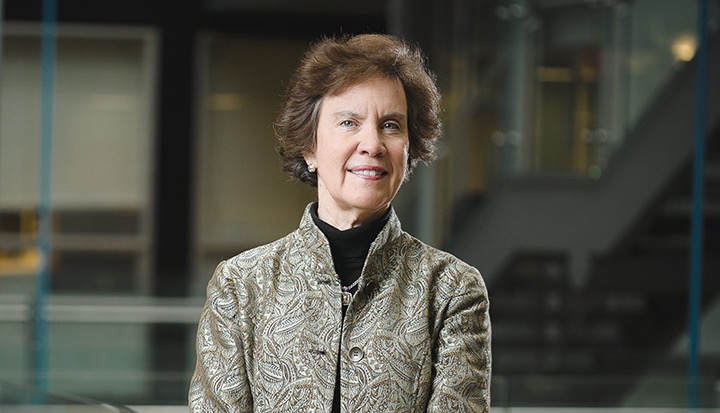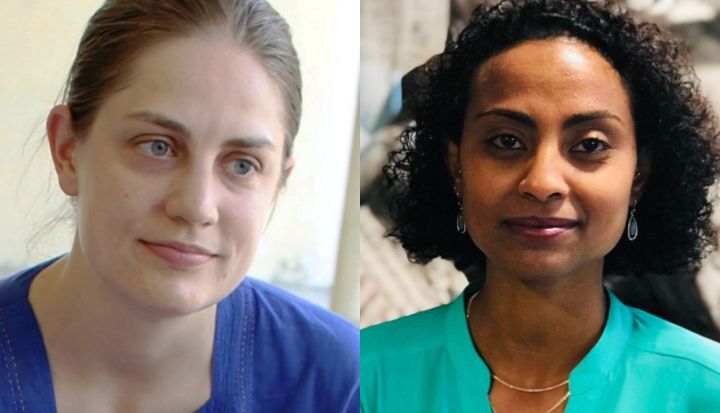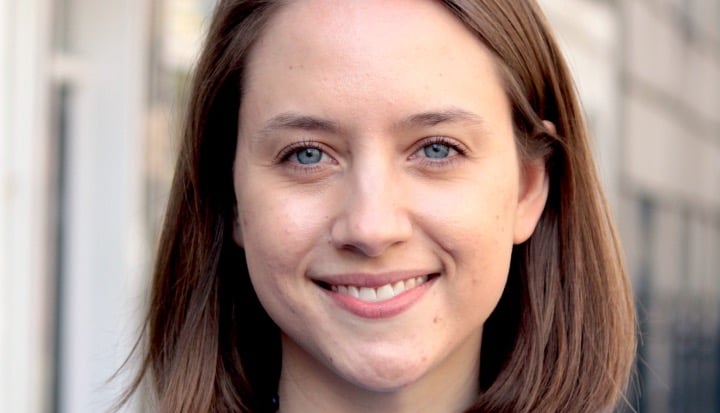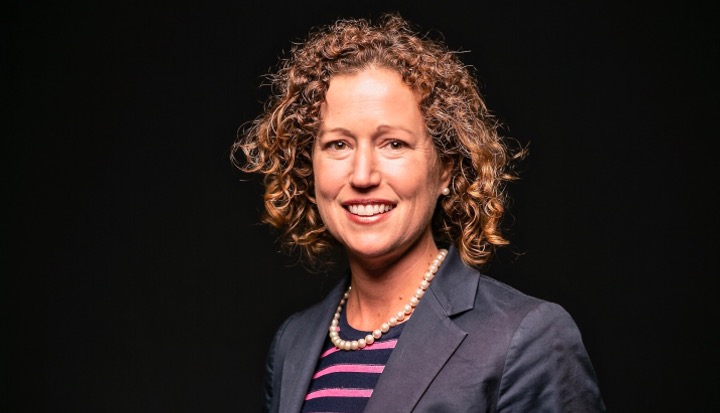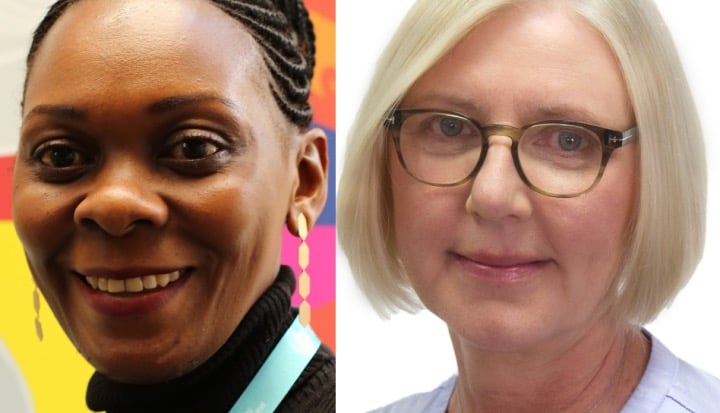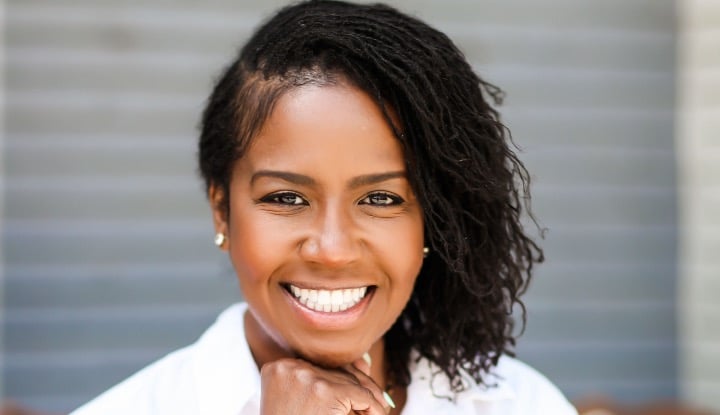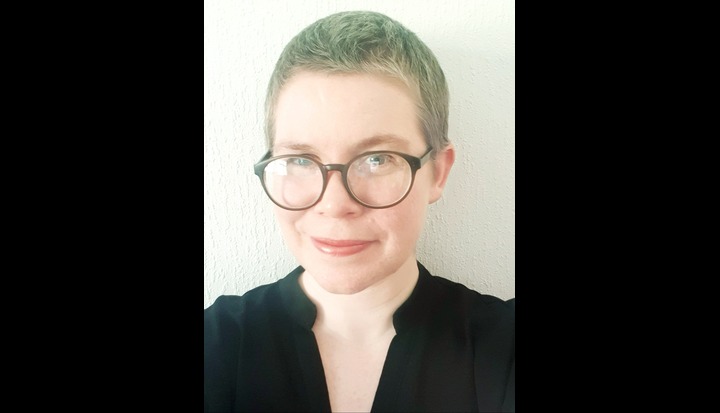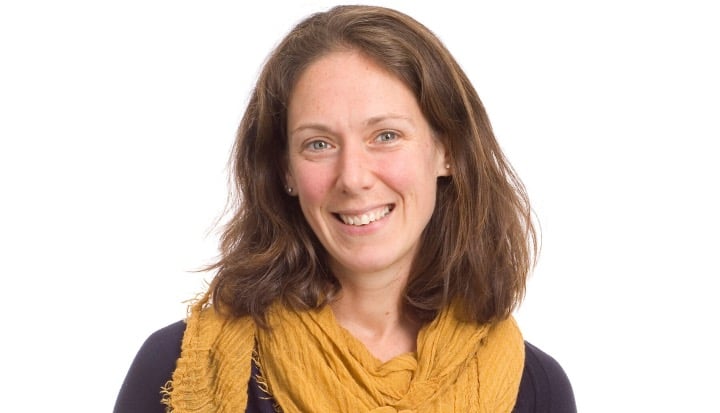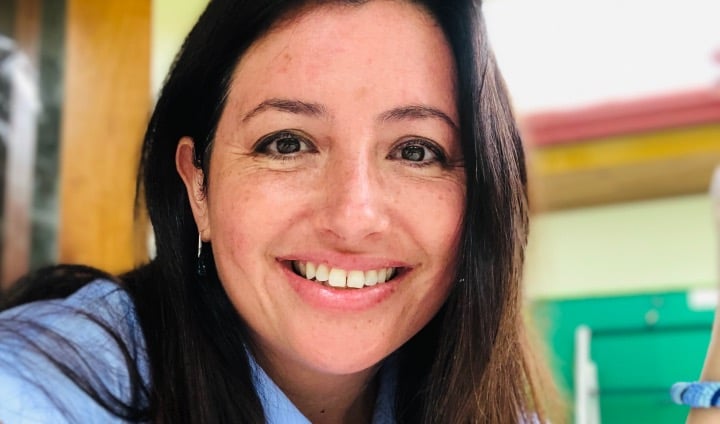Meet social impact pioneer Swenja Surminski as she joins us to break down climate risk, adaptation, resilience and the importance of accounting for climate change risk across all business decisions. “This is not a future issue. This is something that requires action today.” Implores Swenja.
As a contributing author to the IPCC, and the lead author of the UK’s Climate Change Risk Assessment, Swenja is aware of the horrifying statement embedded within the report “… that up to 3.6 billion people are highly vulnerable to climate change.”
So, to make her impact on the world, she is Chair of the Munich Climate Insurance Initiative and Head of Adaptation Research at the Grantham Research Institute on Climate Change and the Environment, part of the London School of Economics and Political Science (LSE). If that wasn’t enough, Swenja is now taking up a new role as Managing Director Climate and Sustainability at Marsh McLennans and has been appointed by the UK Government to join the UK Committee on Climate Change – Adaptation Committee. And to top it all off, Swenja is a mother of four and all-round social impact hero.
Listen to our conversation to determine if you too find it an awkward awakener as Swenja explains why the urgency of “understanding climate change as a threat multiplier.” Swenja goes on to provide practical ways for businesses and all organisations to embed climate risk properly across business decision-making in order to develop adaptation and resilience strategies. As a frequent collaborator with business and cities who are often managing multi risks and challenges, Swenja encourages cross pollination of risk skills within business practitioners. “Every sort of dollar invested now in adaptation, saves at least $5, in some cases, up to $10, or even more in costs that you avoid.”
Swenja goes on to explain how we must overcome our inherent reactive natures to plan in and account for future climate impacts now. With an average of 86% of climate disaster money being spent after a disaster and only 14% preventatively, she concludes: “Being prepared and becoming more resilient should really be seen as an investment in our future.”
Listen in to find out much more.
Links:
IPCC report: www.ipcc.ch/report/ar6/wg2/
Business Fights Poverty, Climate Justice, resources and support: businessfightspoverty.org/climatejustice/
If you liked this, try these:
https://businessfightspoverty.org/making-community-and-collaboration-the-route-to-climate-justice/
https://businessfightspoverty.org/women-as-drivers-of-climate-resilience/


